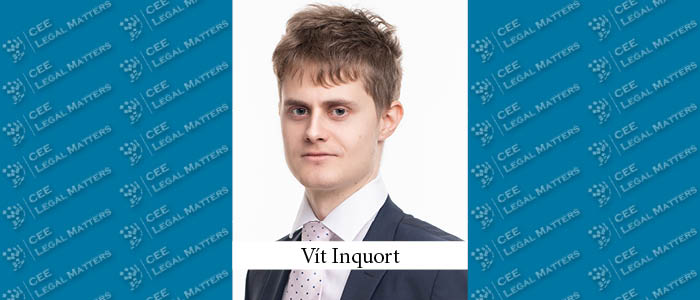On 24 January 2023, a new law called LEX OZE I. (Act No. 19/2023 Coll.) entered into force. The goal of this law is to remove obstacles and speed up the construction of renewable energy sources ("RES").
LEX OZE I. introduces an amendment to the Energy Act, according to which power plants producing electricity from renewable sources with a total output of more than 1 MW are established and operated in the public interest. In practice, this will mean that the relevant authorities will have to take this public interest into account during the permitting process, and the mere existence of another public interest (in the construction of wind and solar power plants, for example, the interest in nature and landscape protection) does not mean that this other public interest will automatically prevail.
Another important change is the possibility to operate RES with an output of up to 50 kW without a licence from the Energy Regulatory Office.
The construction of RES will also be facilitated by the change in the Building Act, according to which these facilities are now considered public technical infrastructure. This change has a major impact on spatial planning, as it allows these facilities to be built even in undeveloped territory, if it is in accordance with its character, unless the spatial plan expressly excludes it. The obligation to have a zoning decision and building permit for the construction of small renewable energy plants with an output of up to 50 kW will also no longer apply, if these plants are in accordance with the spatial planning documentation. For most of these buildings, as well as for the construction modifications necessary for their installation, there will be no need to notify the building authority as long as the buildings do not interfere with the supporting structures of the building and do not change the way it is used. The exception is mainly buildings in specially protected areas, heritage reserves and heritage zones, for which the obligation to notify will remain.
By Vit Inquort, Junior Associate, Eversheds Sutherland


